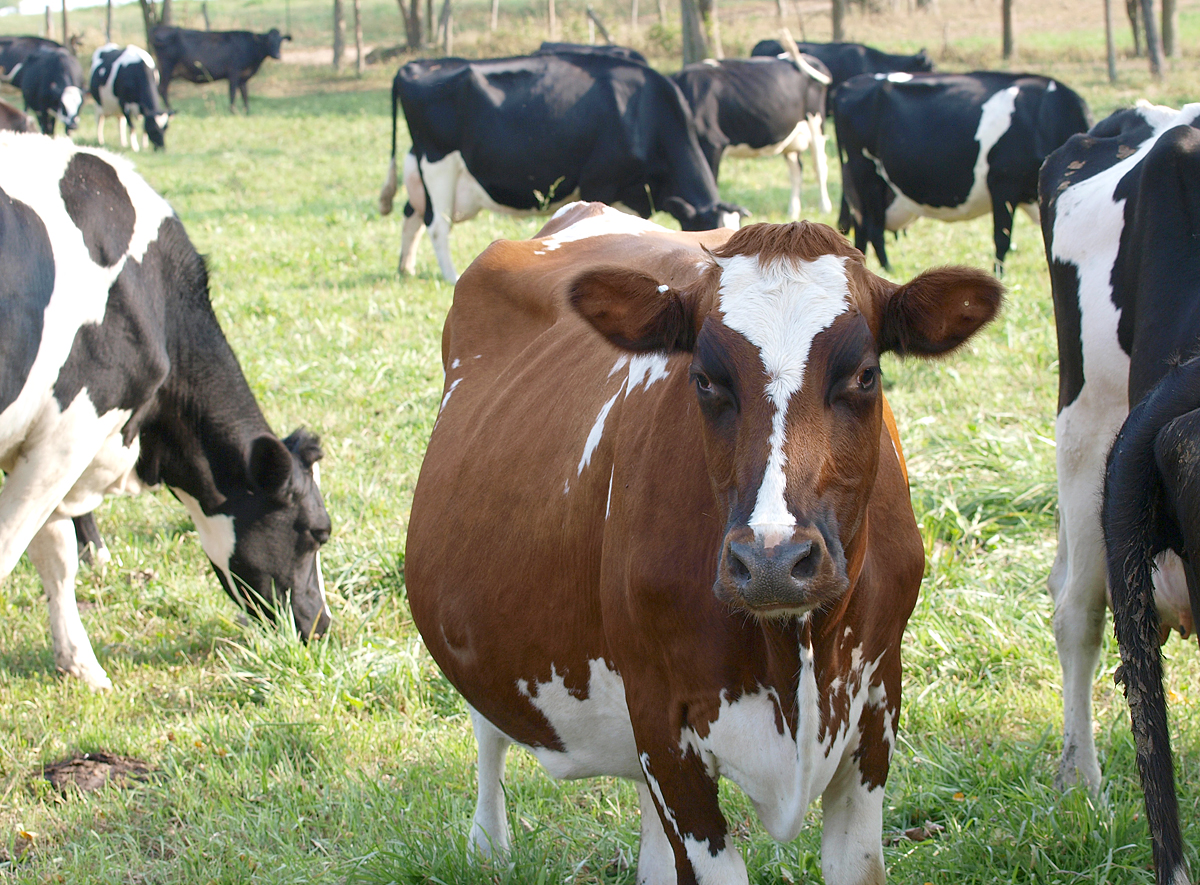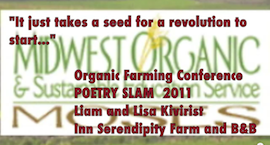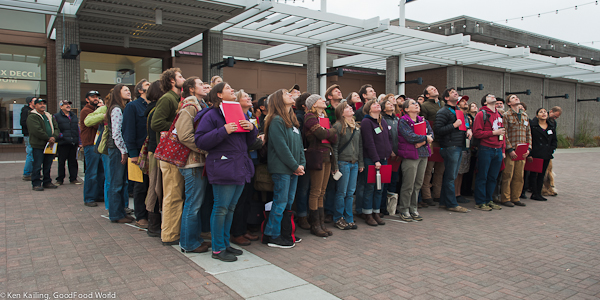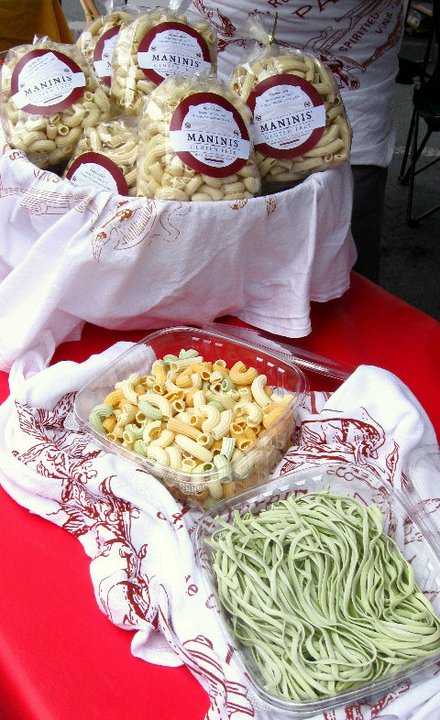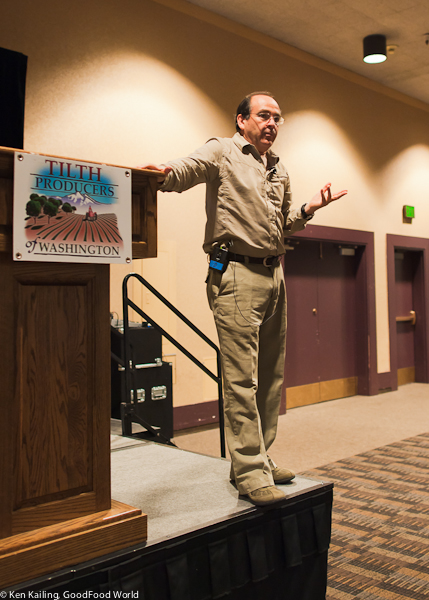Rick Adamski, Full Circle Farm, on Co-operatives and Partnerships
Quick! What is the first thing that comes to mind when you hear the words “dairy cows?” Probably black and white cows in a grassy field in front of a red barn, right? That’s the image that every confinement dairy operation would like you to imagine, but very few cows are raised that way. Rick Adamski, Full Circle Farm, Seymour Wisconsin, is a grazer. No, he doesn’t eat grass; he milks about 90 cows that do.

